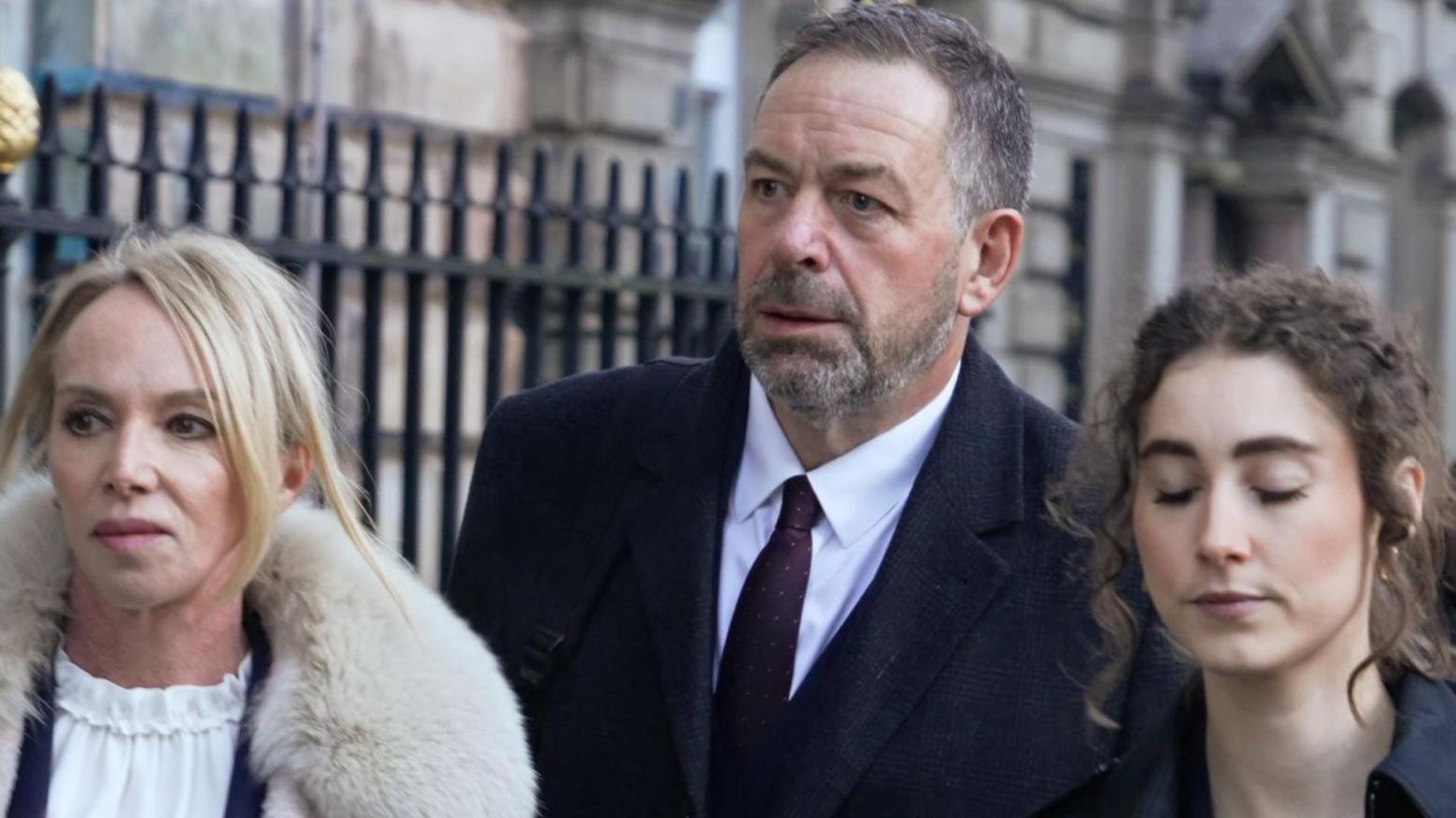Why are medical experts disputing evidence used to convict Lucy Letby?
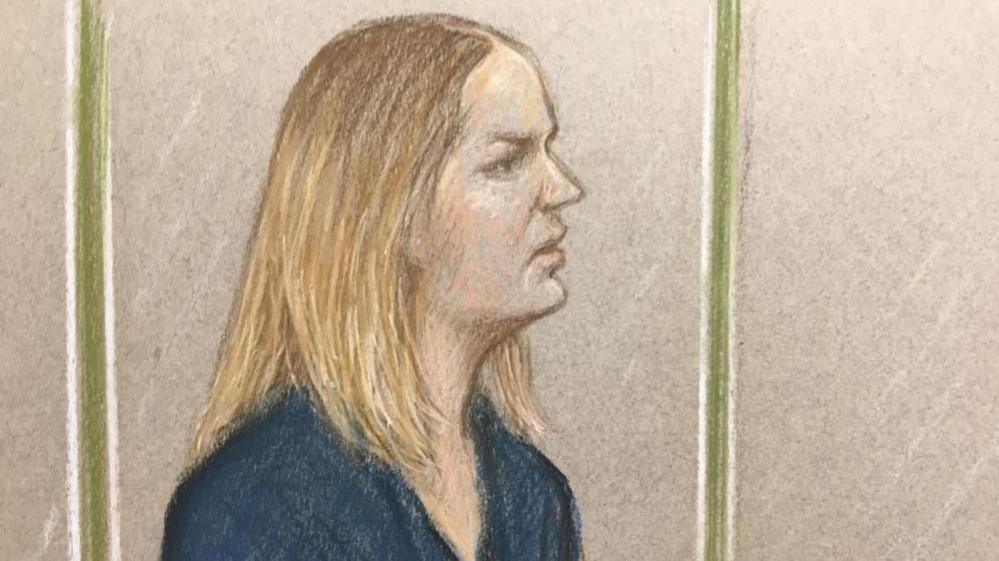
- Published
Convicted serial killer Lucy Letby is back in the news after a panel of medical experts working with her defence team said they believe the 35-year-old did not commit the murders.
The case against the former nurse has been extremely complex from the outset - not least because nobody saw Letby attack the seven babies she was convicted of murdering, nor did anyone witness the attempted murder of seven others.
Instead, prosecutors had to draw on technical medical evidence - along with statistical data and other troubling details about Letby's life - in order to prove their case.
She was found guilty by a jury and given 15 whole life sentences. Senior judges have twice rejected her efforts to overturn her convictions - but a new report claims Letby is the victim of a miscarriage of justice.
Who are the experts who believe Letby is innocent?
Fourteen senior clinicians from around the world have analysed the medical evidence against Letby, including British doctor Neena Modi, a former president of the Royal College of Paediatrics and Child Health.
The panel was assembled by Dr Shoo Lee, a retired Canadian doctor based at the University of Toronto who specialises in the treatment of young children. He said the panel worked without payment and were not familiar with the case prior to reviewing the evidence.
Dr Lee became involved with Letby's defence after being made aware that prosecutors had used a 1989 academic paper he co-authored as part of their case.
That paper focused on how air embolisms could lead to a baby's skin becoming discoloured. It was relevant because prosecutors successfully argued that Letby attacked some of her victims by injecting air into them, causing a fatal embolism.
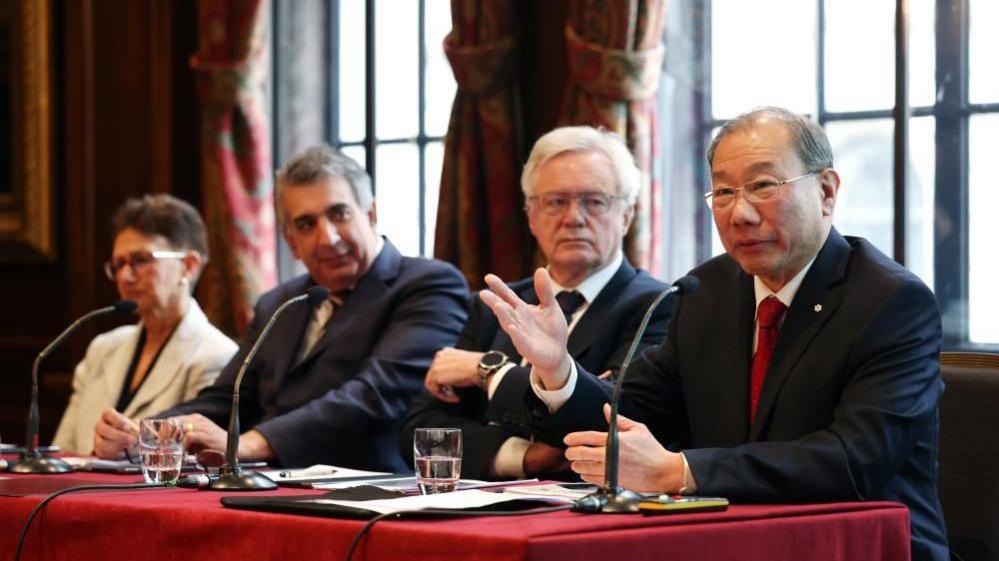
Dr Shoo Lee (right) summarised the panel's findings at a press conference alongside (l-r) report co-author Neena Modi, barrister Mark McDonald and Conservative MP David Davis
Dr Lee has accused the prosecution of misinterpreting his research and he has since published an update discounting a link between marks on the skin and air embolisms.
Last year, he offered to give evidence on behalf of Letby during her appeal and to say, in effect, that his research had been misused by the prosecution.
However, three senior judges decided, external Dr Lee's submission should not be considered by the court on the grounds, they said, that the prosecution had not at any point relied solely on evidence of skin discolouration to diagnose an embolism.
How do the panel think the babies might have died?
The new report goes beyond the embolism question Dr Lee has spoken out on previously. BBC News has only seen a summary as a full copy has not been made publicly available.
On Tuesday, Dr Lee said the panel believed all of Letby's victims actually died of natural causes or because of poor medical care.
"There was no medical evidence to support malfeasance causing death or injury," he told a news conference, before listing what he alleged were a number of wider failings at the Countess of Chester Hospital's neonatal unit where Letby worked.
The report deals with the cases of all 14 babies in turn.
In one case in which Letby was convicted of killing a baby by injecting air into its stomach, the panel said their analysis indicated a cause of death arising from natural respiratory complications and chronic lung disease.
Additionally, they said doctors had failed to detect a bacterial illness and should have prescribed antibiotics.
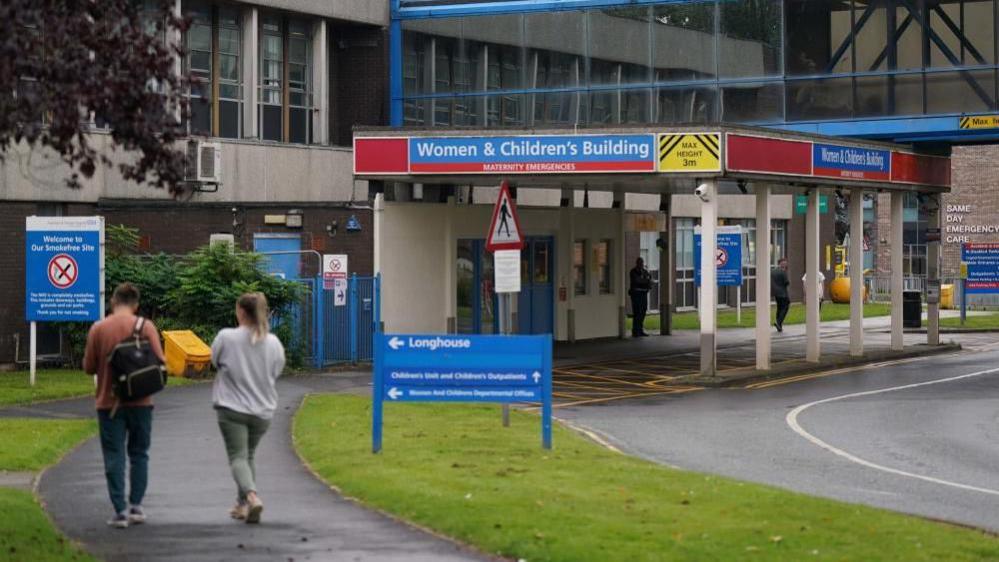
In a case where Letby was convicted of attacking a baby by removing a tube which was allowing the infant to breathe, Dr Lee said the panel's analysis suggests the infant collapsed because it was fitted with the wrong size tube in the first place by a consultant who "didn't know what he was doing".
There are similar findings for all Letby's victims: the panel said all the deaths could be explained by natural causes or medical errors.
However, the criminal case against Letby did not exclusively rely on medical evidence.
Prosecutors also pointed to data showing she was on shift when babies fell ill, as well as circumstantial evidence - including the fact she repeatedly researched the families of the deceased and kept records which a judge said were "morbid records" of her crimes.
Speaking at Tuesday's news conference, Mark McDonald - the barrister leading Letby's defence - argued the circumstantial evidence was of "lesser" importance in the case against the nurse compared to the medical evidence.
Could Letby appeal her convictions again?
Letby's two previous failed attempts to appeal mean she cannot simply lodge another. Instead, her defence team are attempting to use another route to get a judge to re-examine the case.
They have submitted an application to the Criminal Cases Review Commission (CCRC), an independent public body which examines potential miscarriages of justice.
The CCRC cannot decide whether someone is innocent or guilty but it can refer a case back to the Court of Appeal if it decides that there is a real possibility someone has wrongly been found guilty.
Letby's legal team will need to show that they have uncovered compelling new evidence indicating that she could be innocent in order to get the case back into court.
That, they say, is what Dr Lee's findings constitute.
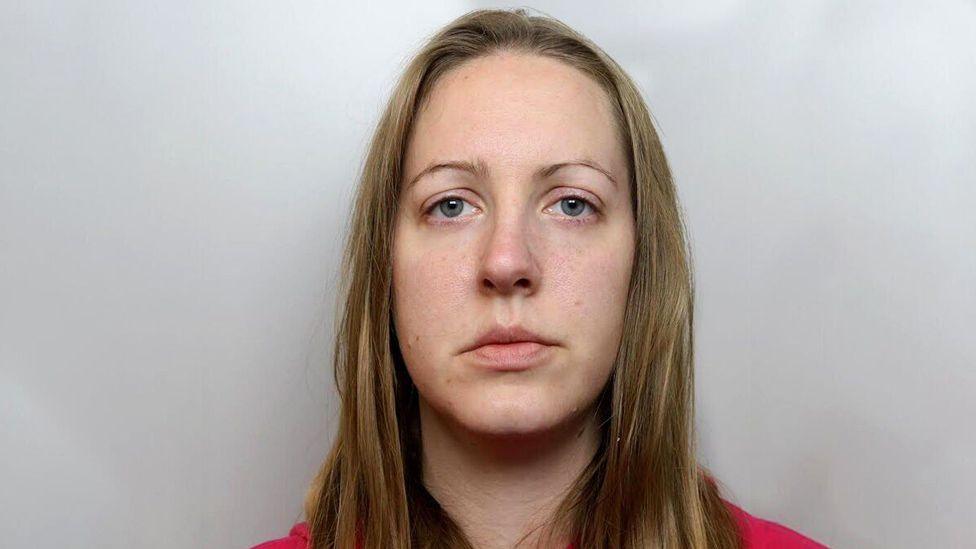
However, it will ultimately be up to the CCRC - and potentially the appeal court - to determine whether that is the case.
The medical evidence against Letby was analysed in depth during her trial and it could be decided that the panel's arguments were already fully considered and dismissed.
On Tuesday, the CCRC said it had received a "preliminary application" from Letby's lawyers. Dr Lee said he would not be providing Letby's legal team with his full report until the end of the month, so it could still be some time before the CCRC reaches a decision.
What do other experts say about the case?
Dr Dewi Evans - who was the prosecution's main medical expert - rejected the suggestion that Dr Lee's 1989 paper had been a critical part of the case against Letby.
Speaking before a summary of the panel's findings were published, Dr Evans told the Sunday Times, external the research was "not a major factor in the prosecution case".
He went on: "What the prosecution stated was that some of these babies, as part of their collapse, had a skin discolouration which has been described in Dr Lee's paper in 1989, but — and it's an important but — the presence or absence of skin discolourations neither ruled out nor confirmed air embolism. It was not necessary.
"It's a useful paper — I don't want to do it down — but comparing how babies responded to treatment in the 1980s to how they respond to treatment in 2015, it's different."
File on 4 Investigates: Letby – The Killer Questions
BBC File on 4 examines some of the most contentious statistical, scientific and medical evidence in the Lucy Letby trial
Available now on BBC Sounds
A public inquiry led by Lady Justice Thirlwall is investigating the Countess of Chester Hospital's response to the deaths. She has been highly critical of people who have cast doubt on the verdicts, saying it causes "enormous additional distress to the parents".
The case has also inspired what one KC barrister has described as a "proliferation of conspiracy theories" online.
Dr Lee's intervention is not the first time experts have raised concerns about Letby's conviction: a group of 24 neonatal experts pushed for the public inquiry to be delayed because they believed "alternative, potentially complex causes" for the deaths were not examined and "important lessons" were missed.
The BBC has also previously spoken to experts who have raised doubts about some of the evidence used to convict Letby. However, none went as far to say as they thought she could be innocent.
Related topics
- Published20 October 2024
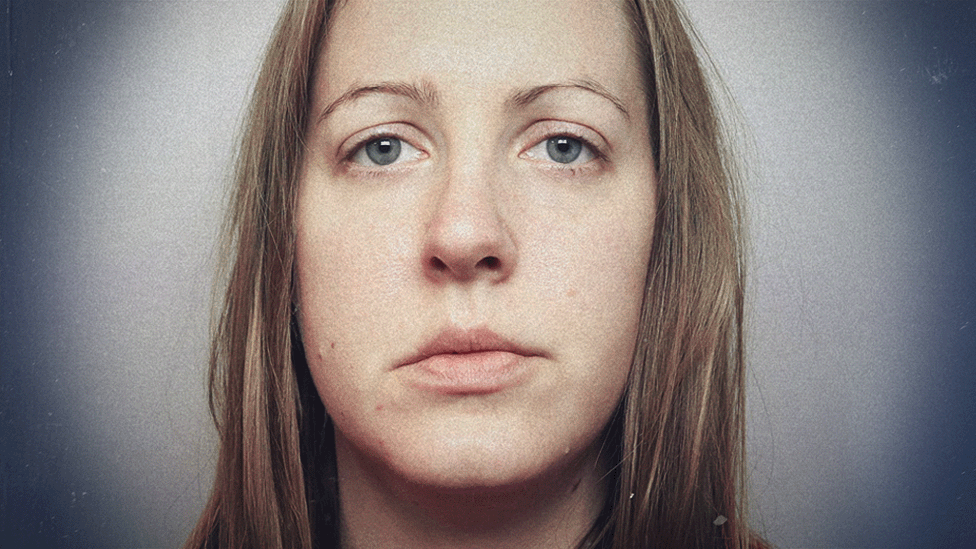
- Published17 January
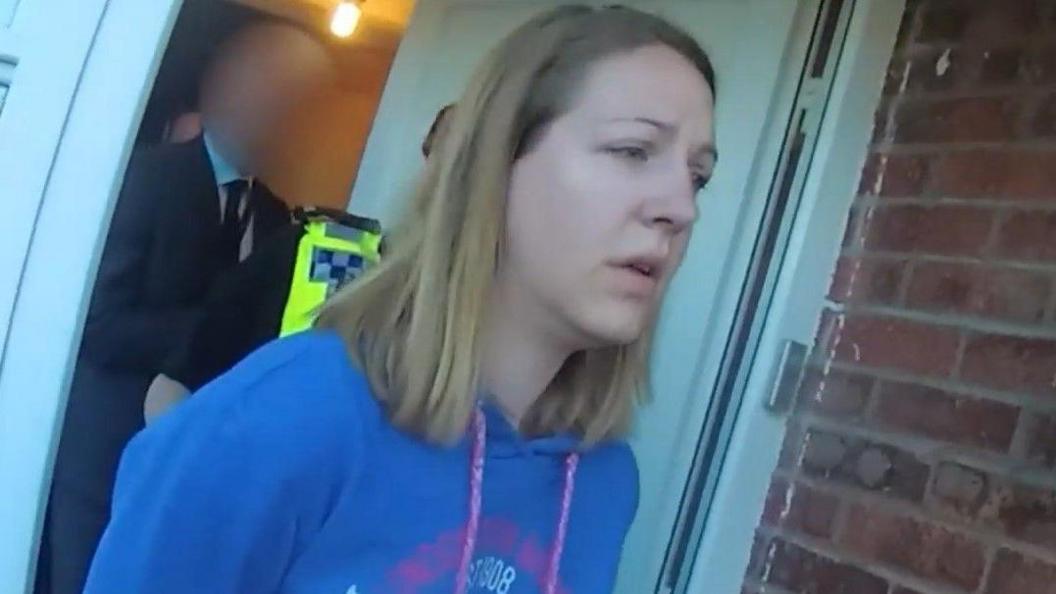
- Published27 November 2024
